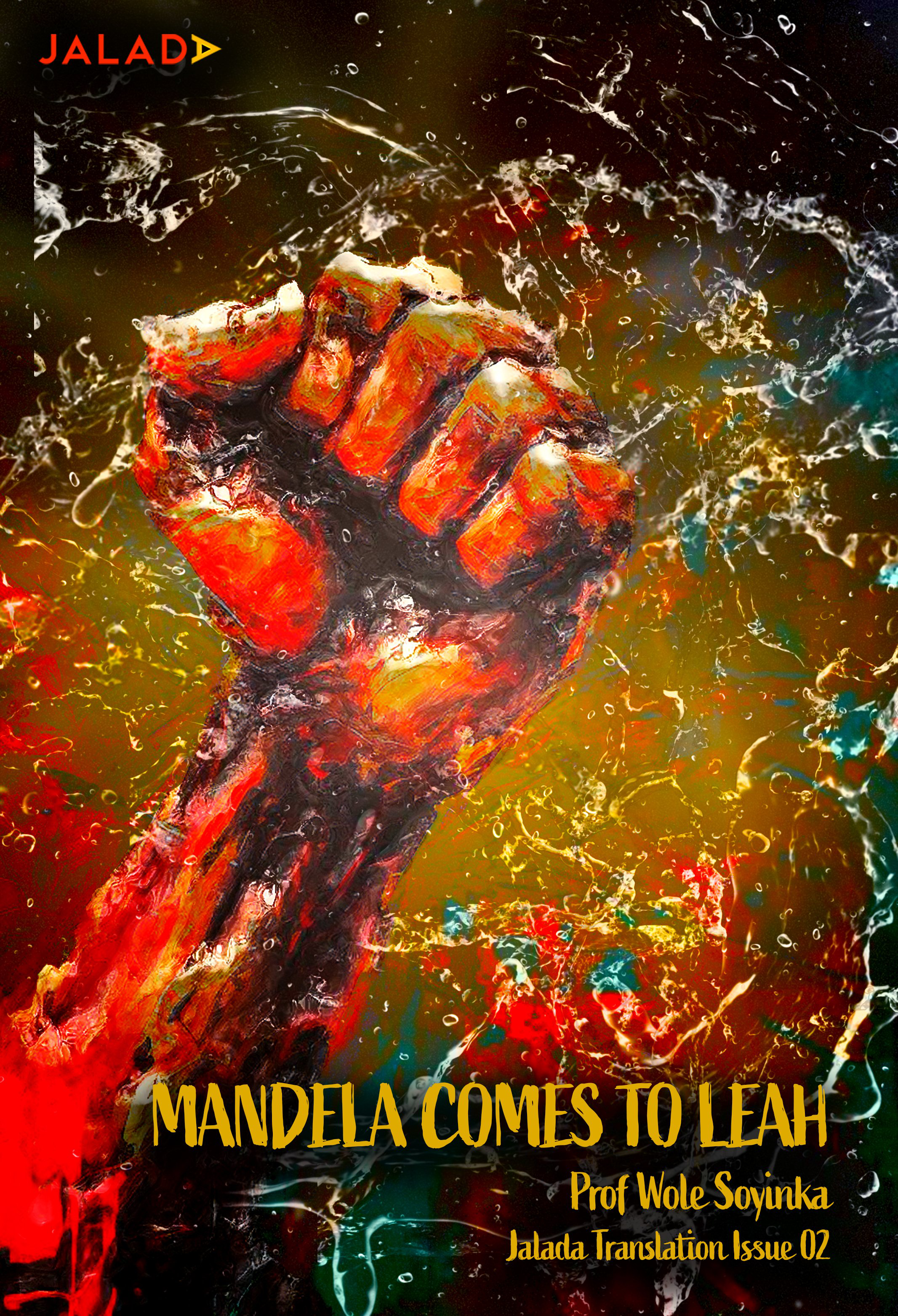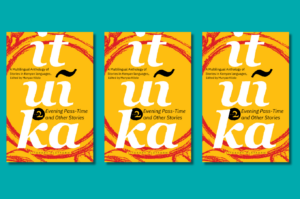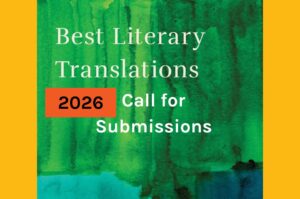
Jalada Africa’s second translation issue featuring Wole Soyinka’s poetry just dropped! It is absolutely legendary and features translations of Soyinka’s poem “Mandela Comes to Leah” into 48 distinct languages along with audio recordings for some.
Jalada Africa is a pan-African writers’ collective, with the aim of publishing literature by African authors regularly. The Translations project lead is Wanjeri Gakuru and artwork is by Marziya Mohammedali.
This second anthology in Jalada Africa’s Translation Series features 48 languages from more than 20 countries across the globe. The languages translated into include everything from Akan to Korean, Belizean Creole, Runyankore, Dutch, Marakwet, Nepali, and Shetlandic. Read and listen to the latest issue here.
The issue was launched on October 1, 2023, the same day as Nigeria’s independence from British rule 63 years ago, in honor of Soyinka. The first issue was launched back in 2016, featuring 100 translations of Ngũgĩ wa Thiong’o’s story in Gikuyu. Now, it’s Soyinka’s turn and we are thrilled about this reprise of a great cultural moment in African literature.
Nigerian playwright Wole Soyinka is Africa’s first Nobel Laureate for Literature after winning the prize in 1986. He has been a staunch political activist and was even imprisoned for 22 months in 1967 during the Biafra war. Soyinka has written numerous plays, essays, poetry, memoirs, operas, short stories and three novels: The Interpreters, Season of Anomy, and Chronicles from the Land of the Happiest People on Earth. He has translated the first novel written in the Yorùbá language A Forest of a Thousand Daemons: A Hunter’s Saga by Chief Daniel Fágúnwà into English.
The lead editor Gakuru wrote the introduction for the issue, describing it as a “vast and beautiful Tower of Babel”. Read an extract from the introduction below:
It is a unique and challenging task to render a single text into as many languages as possible. For us, this journey started in 2015 when former Jalada Managing Editor, Munyao Kilolo conceptualised the series. The first issue, quite fittingly, featured a Gĩkũyũ fable, Ituĩka Rĩa Mũrũngarũ: Kana Kĩrĩa Gĩtũmaga Andũ Mathiĩ Marũngiĩ by Prof. Ngũgĩ wa Thiong’o. This story has since been translated into 100 languages.
This was a historic milestone, an absolute first in African publishing which we celebrated in 2021 during the two-day Jalada Language & Translations Symposium where 40 participants, including writers, poets, performers, scholars and editors gathered together to discuss how literature and translation could be tools for cultural preservation and how indigenous languages could push back against colonial legacies. These discussions are available on our Youtube page.
As I took over the mantle in 2021, a year into one of the most destabilising global events in recent memory, I began to see how the Translation Series also served as a legacy project that preserve and celebrate the works and ideas of Africa’s literary giants while also engendering intergenerational and cross-cultural conversations.
Prof. Soyinka’s poem, “Mandela Comes to Leah”, engages with dissidence across space and time. It was written in 2019 as a companion piece to a special bi-lingual pamphlet written for World Poetry Day in Italy.
The three figures within the piece; Malala Yousefzai, Leah Sharibu and Nelson Mandela are luminaries. Deliberately selected for exhibiting tremendous bravery and, in the case of the young women, to highlight the predicament of the woman in this age of religious fundamentalism.
In just 100 words, Prof. Soyinka paints a stirring picture of how each one refused to kowtow even under the most difficult, life-threatening circumstances. Each one saying “no” to their oppressor.
We are deeply honoured to have been gifted this piece for the new issue. I cannot thank enough the generous men and women who have contributed to the translation work.
Jalada’s commitment to preserving African Indigenous languages and encouraging vernacular literature is extraordinary. We commend the team on doing such a great job translating Soyinka’s work in this newest issue.
Gakuru mentions a shocking statistic in her introduction: “every 40 days a language dies” and “half of all the 7,000 languages currently spoken in the world are projected to become extinct by the end of the century.”
In the face of such realities, Jalada’s Translation Project is an inspiring archive of these languages and literatures. As Gakuru remarks, it is a “reminder that our languages exist and we exist and our ideas and the music within our mother tongues matters.”
Read and listen to the issue here.









COMMENTS -
Reader Interactions